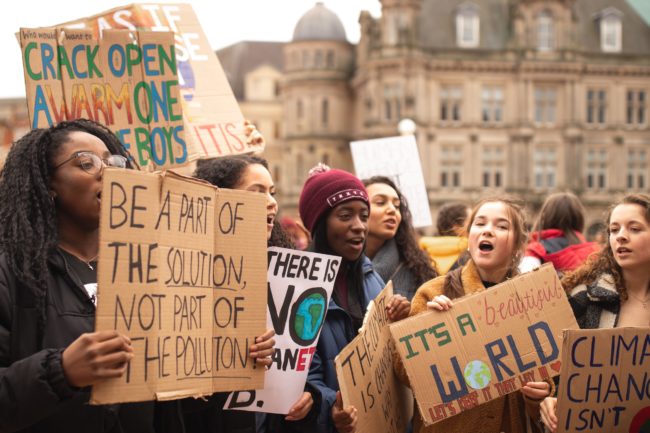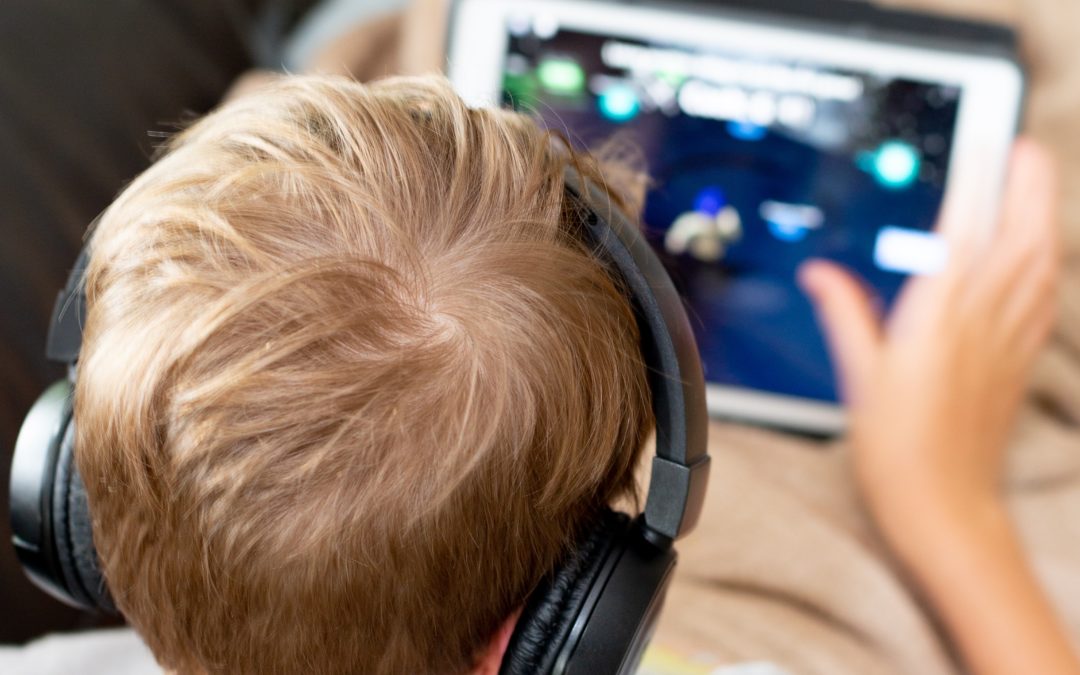
The wall-to-wall coverage of COP26 and protests by Insulate Britain have got us thinking- how do we help our kids with climate change fears? We asked dad and psychotherapist Noel McDermott for advice on talking to our children about their climate anxiety.
The current climate situation highlighted by COP26 is worrying for many people. Children are especially vulnerable to the fear experienced by the adults around them. Kids are plugged into climate anxieties. Greta Thunberg is one example of a young person leading on these issues.
Open a discussion
It’s understandable that our kids are experiencing climate anxiety and it’s important to acknowledge this. We must be open, and explore how they are feeling. However, we must do so without adding to their alarm. Adult debates on these issues are often heated. Insulate Britain’s road blocks divided opinions and it can be a challenge for kids to express their concerns. My advice would be to ask them what they have heard then respond in a way that validates their feelings. You can also give them information about what is happening.
Tune in to their stress levels
The combination of the Covid pandemic and hard-hitting climate news can be a lot for kids and teens to cope with.
Little ones might try to protect you from their distress and say they are fine, but it will show up in other ways such as:
- In their play, which can become preoccupied with worries; for example mummies and daddies getting sick and going to hospital, or people fighting
- Kids might become avoidant when they are upset. They won’t talk and may withdraw
- Children may ‘regress’ and start to act in a younger manner, depending on age you may see thumb sucking, incontinence, clinging behaviour
If you see these types of things you can gently explore with your child why they think these behaviours are happening. Allow them to communicate their feelings verbally rather than behaviourally. It’s crucial to turn off punishment signals. Let them know that you understand they are upset, not bad.
Helping them cope
When talking to your kids it’s important to remember that you are not trying to resolve the debates about climate change. You are trying to help them process difficult feelings and find their voice. Truth is not at stake here. Focus on teaching your kids how to deal with what they perceive as frightening and challenging.
There are no right or wrong ways to talk to your kids and support them. Here’s a helpful list of ways to think about it:
- Create an emotionally open and supportive environment
- Be honest and be accurate, use your government and UN sources of information
- Validate your kid’s feelings whilst providing reassurance
- Talk at the level your child can understand
- Children learn from what you do not what you say. Do you stress out and feel angry, but also reassure your child? That can be confusing
Supportive parenting
Depending on age, if your kids want to take social action in support of their beliefs about climate change issues, it is appropriate to encourage them. Whatever your own feelings, supporting your children in finding and communicating their beliefs is an important parenting task. If your beliefs differ to your children it is vital to overtly support to them in holding their own views. Teaching our kids about difference, debate and how to communicate effectively is crucial in their development.
Taking action to face one’s fears is a very positive thing to do. Avoidance simply increases our anxiety as do defence behaviours such as minimisation or denial. Fear is best managed by facing the thing we are afraid of and taking what action we can to care for ourselves.










